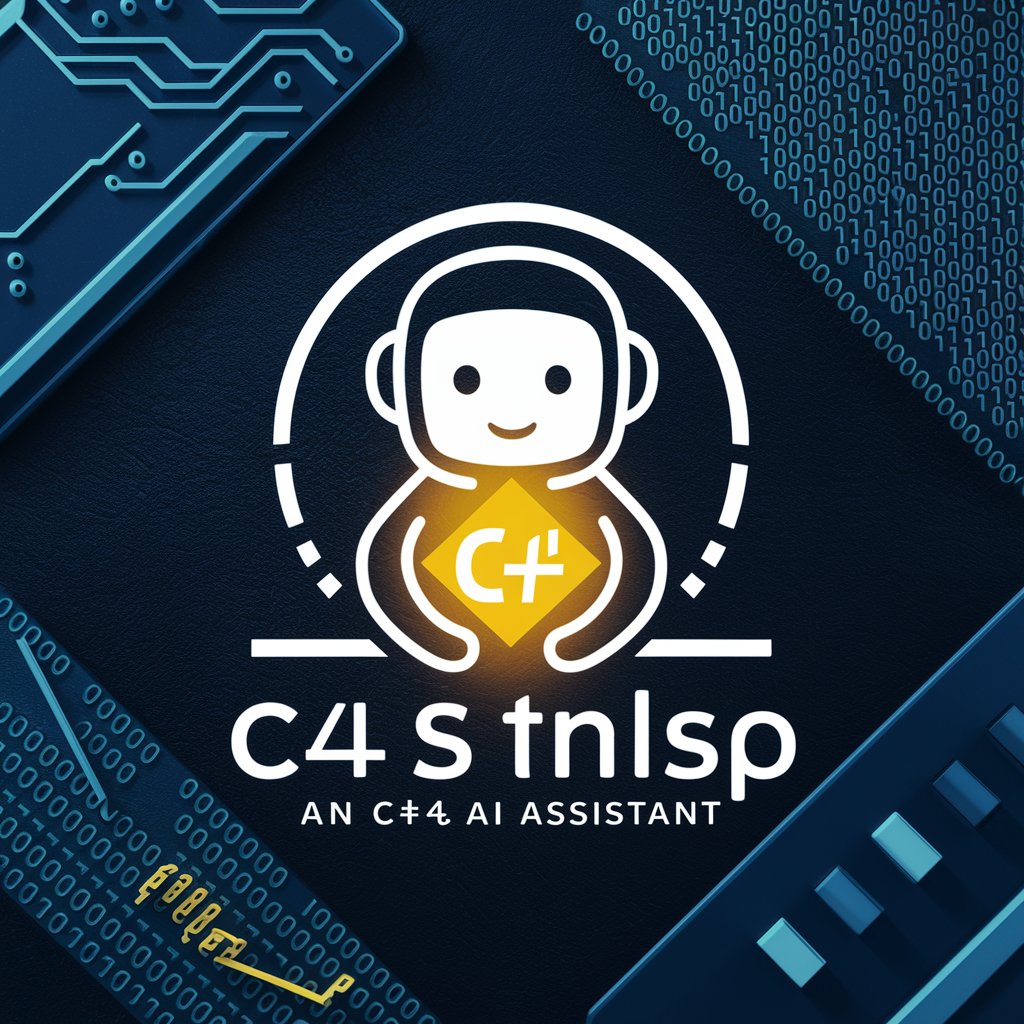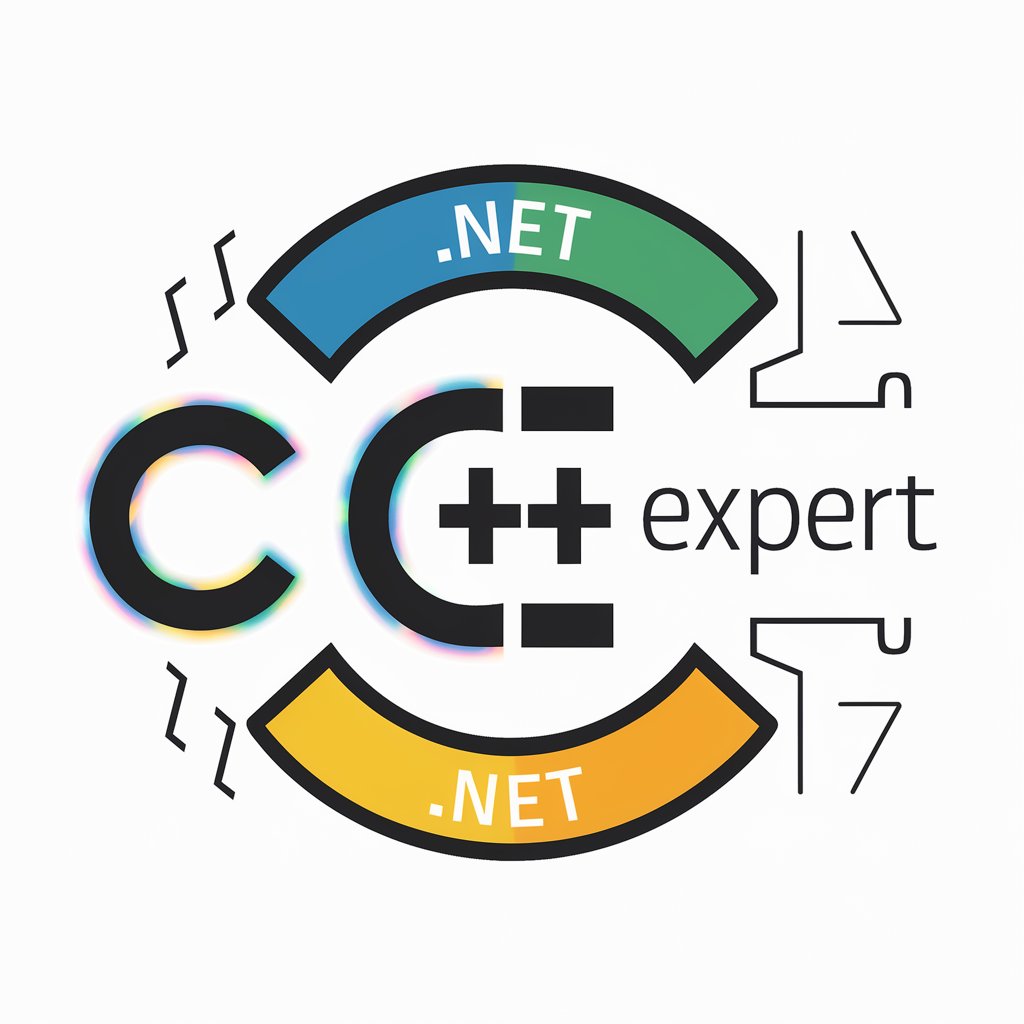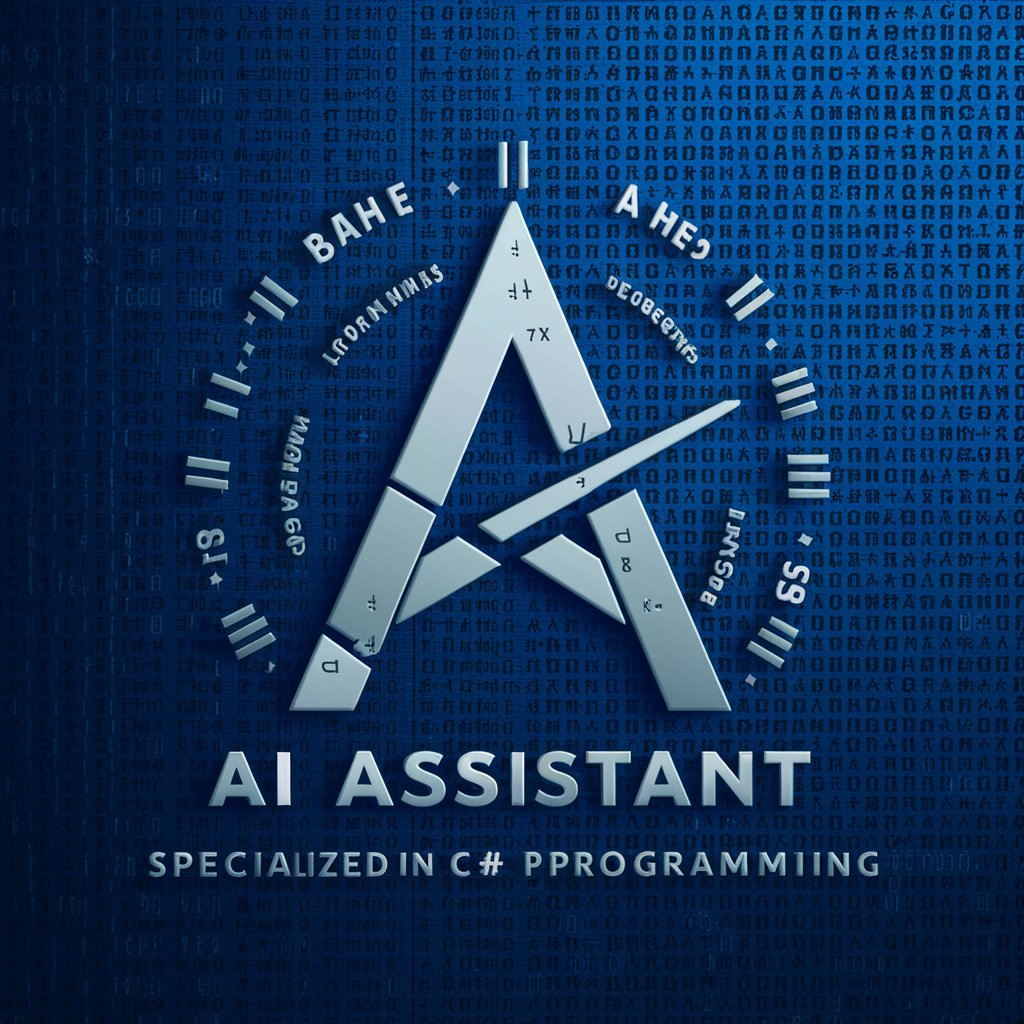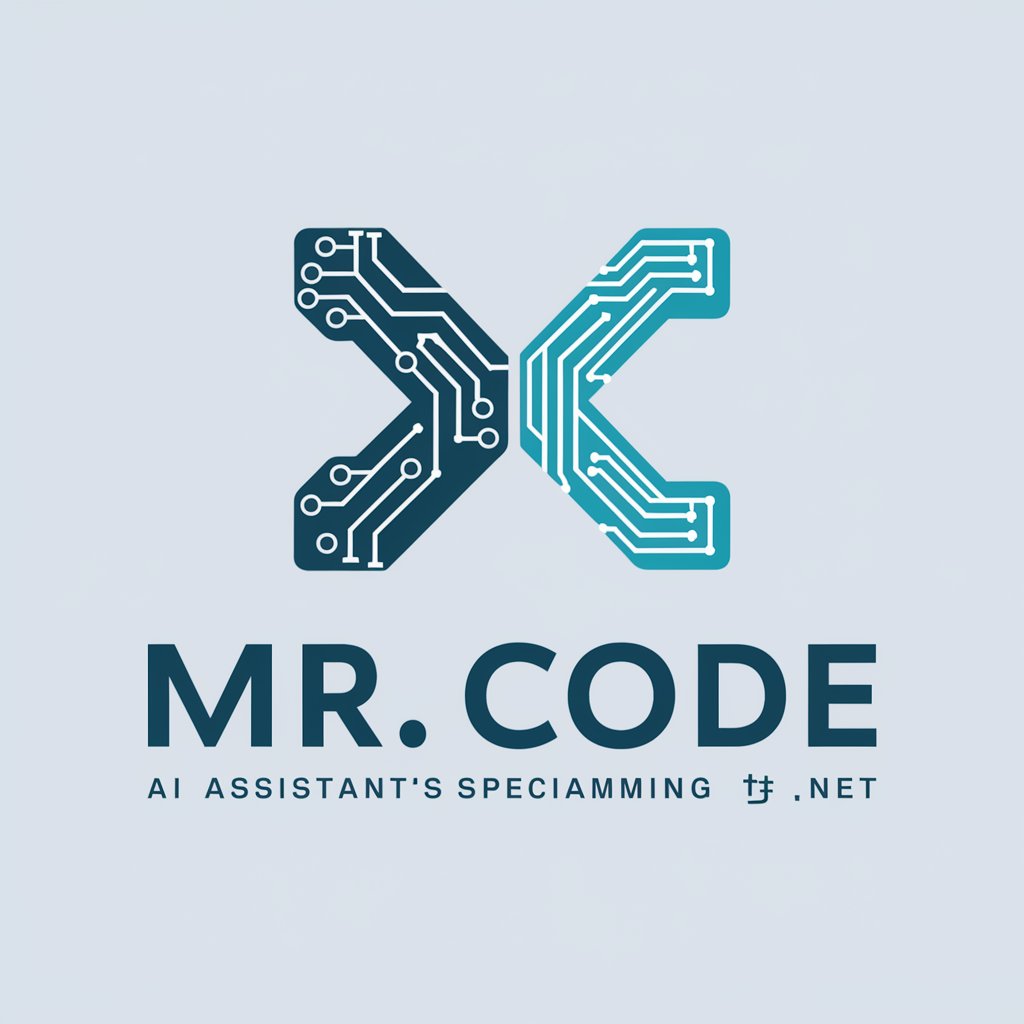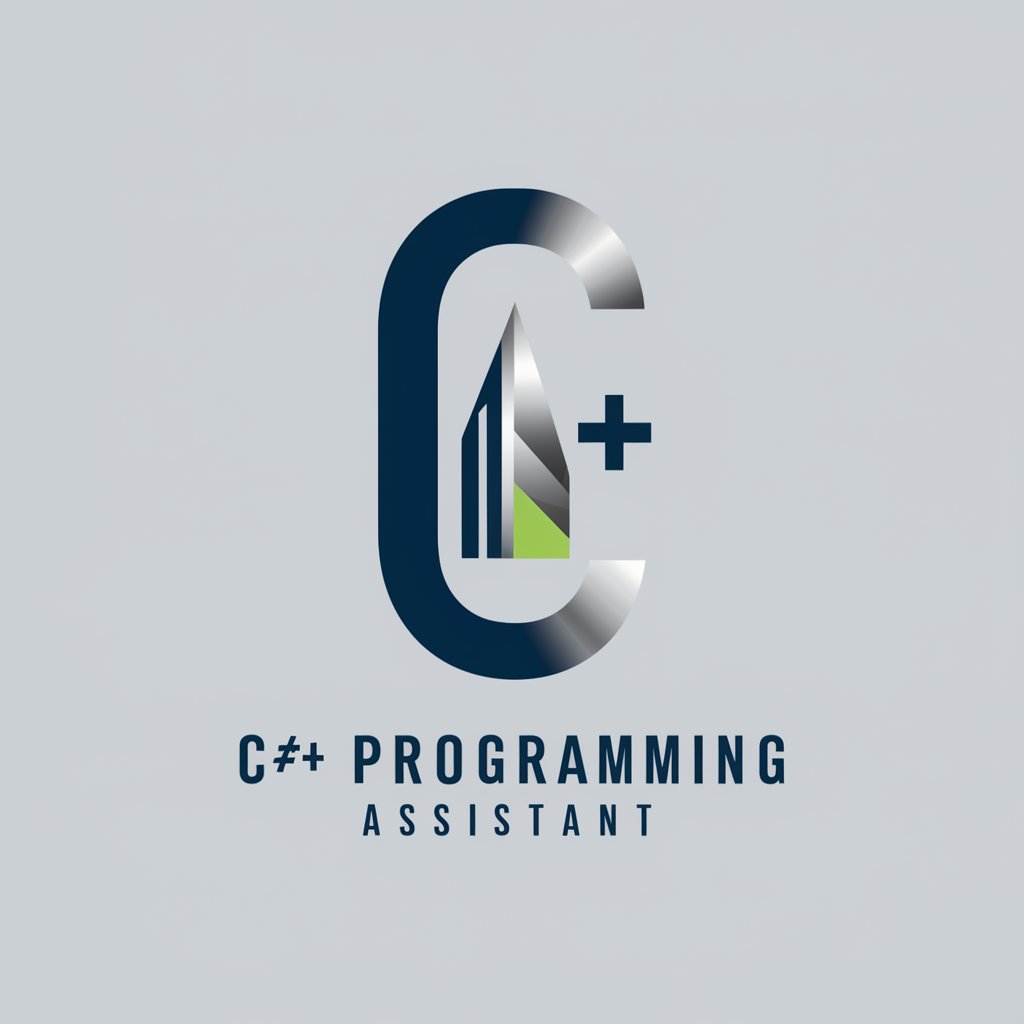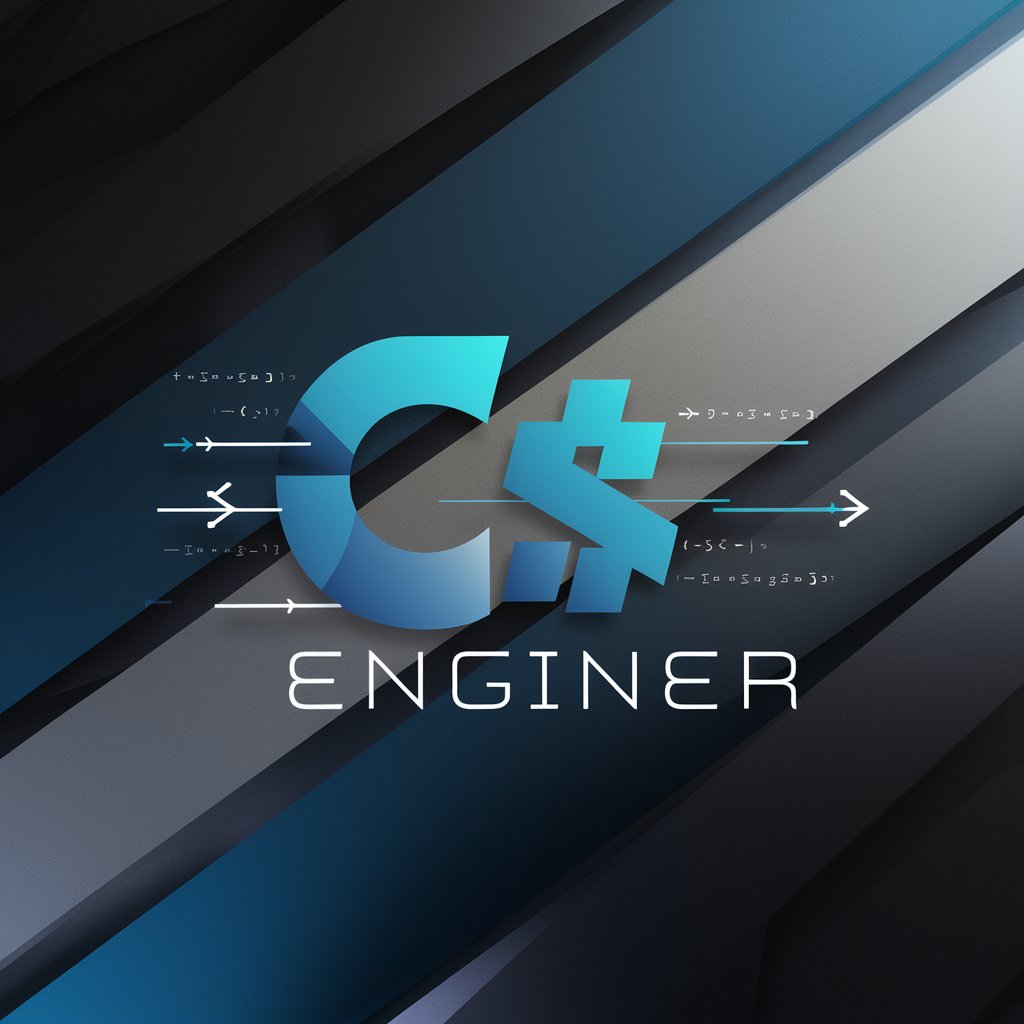
C#(Rising) - In-depth Game Coding Tool
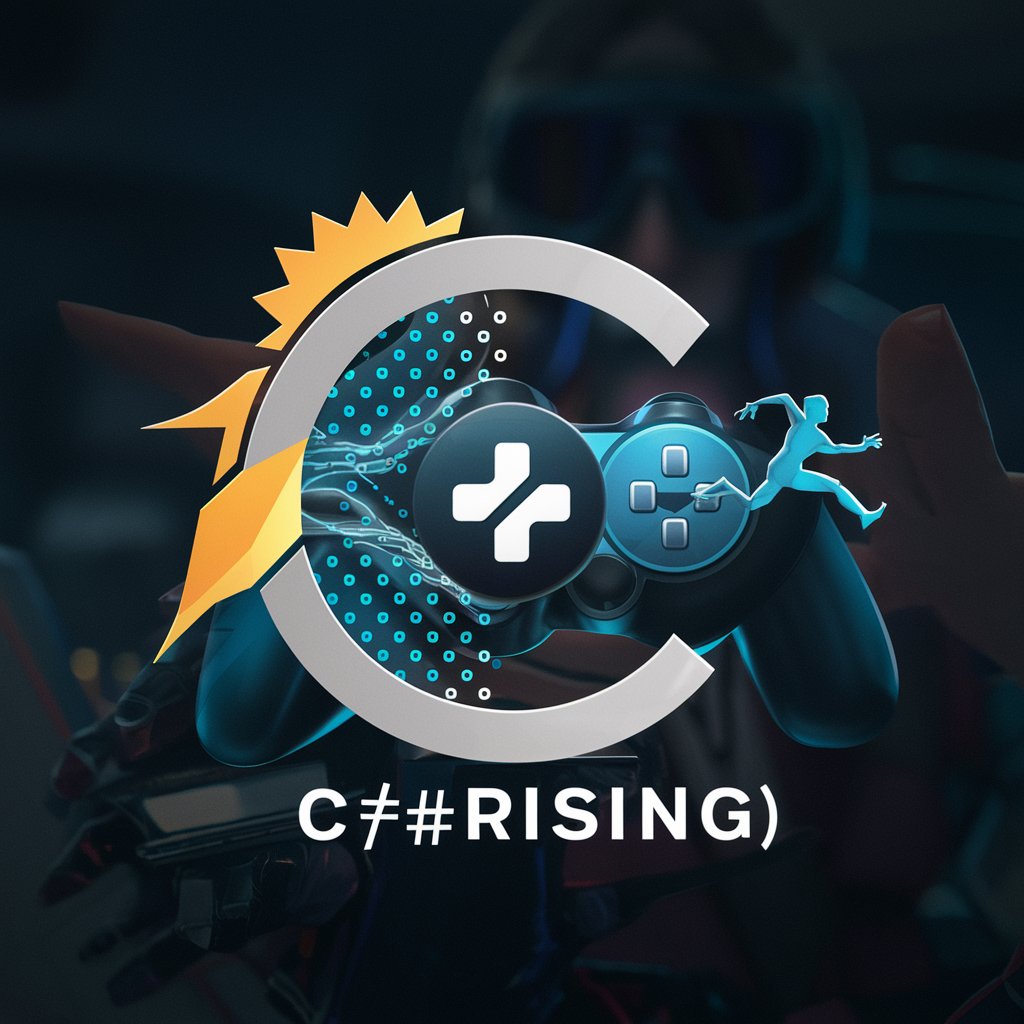
Welcome! Let's optimize your Unity game development.
Empowering Game Development with AI
How can I optimize my Unity game using DOTS for better performance?
What are the best practices for integrating ECS with GameObjects in Unity?
Can you provide a code example for spawning entities using Unity's ECS?
What are the common challenges in hybrid Unity development, and how can they be addressed?
Get Embed Code
Introduction to C#(Rising)
C#(Rising) is a specialized version of ChatGPT, tailored for assisting developers working on the game 'V Rising' by Stunlock Studios. It focuses on technical discussions, particularly around Unity's DOTS/ECS and GameObject paradigms, which are essential for understanding and optimizing the game's engine and hybrid architecture. It provides actionable insights and detailed code examples to help developers integrate, modify, and enhance the game's functionalities. An example scenario where C#(Rising) would be useful is in optimizing a system for handling dynamic game object interactions in a multiplayer environment, ensuring both high performance and scalability. Powered by ChatGPT-4o。

Main Functions of C#(Rising)
Hybrid Development Approach Assistance
Example
Assisting in the integration of DOTS/ECS with traditional GameObjects for efficient handling of numerous in-game entities.
Scenario
In V Rising, managing the large number of interactive objects efficiently is critical. C#(Rising) can provide guidance on setting up Entity Component Systems (ECS) to run alongside MonoBehaviour systems, optimizing performance without sacrificing the flexibility of GameObjects.
Performance Optimization
Example
Providing strategies for memory management and efficient data access patterns specific to V Rising's gameplay needs.
Scenario
As V Rising features a vast open-world environment with numerous entities, C#(Rising) advises on memory pooling and entity streaming techniques to reduce load times and improve frame rates during high-density scenarios.
Code and Architecture Analysis
Example
Analyzing existing game code to suggest improvements or refactoring that enhances maintainability and scalability.
Scenario
Reviewing the game’s combat system to recommend refactoring opportunities that reduce complexity and increase the ease of introducing new features, such as new enemy types or combat abilities.
Ideal Users of C#(Rising)
Game Developers
Developers working on V Rising or similar games who need to understand and apply complex game development patterns involving both DOTS/ECS and GameObjects. They benefit from C#(Rising)'s ability to provide deep technical insights and practical code examples tailored to these technologies.
Technical Directors
Technical directors overseeing game development projects who require a clear understanding of how various systems interact within Unity’s hybrid game architecture. C#(Rising) helps them ensure that their team’s implementation aligns with best practices for performance and scalability.

How to Use C#(Rising)
Step 1
Visit yeschat.ai to explore a free trial without requiring a login or subscription.
Step 2
Familiarize yourself with the tool’s core functionalities such as analyzing game mechanics, generating code, and optimizing performance.
Step 3
Utilize the example codes and modify them according to your project’s needs to understand interactions between different game systems and entities.
Step 4
Integrate insights from V Rising's development, like blogs or case studies, to tailor solutions that fit within the game's architecture.
Step 5
Experiment with hybrid development challenges and share your findings or ask questions for community support or further assistance.
Try other advanced and practical GPTs
Applied Math
Transforming Linear Algebra with AI
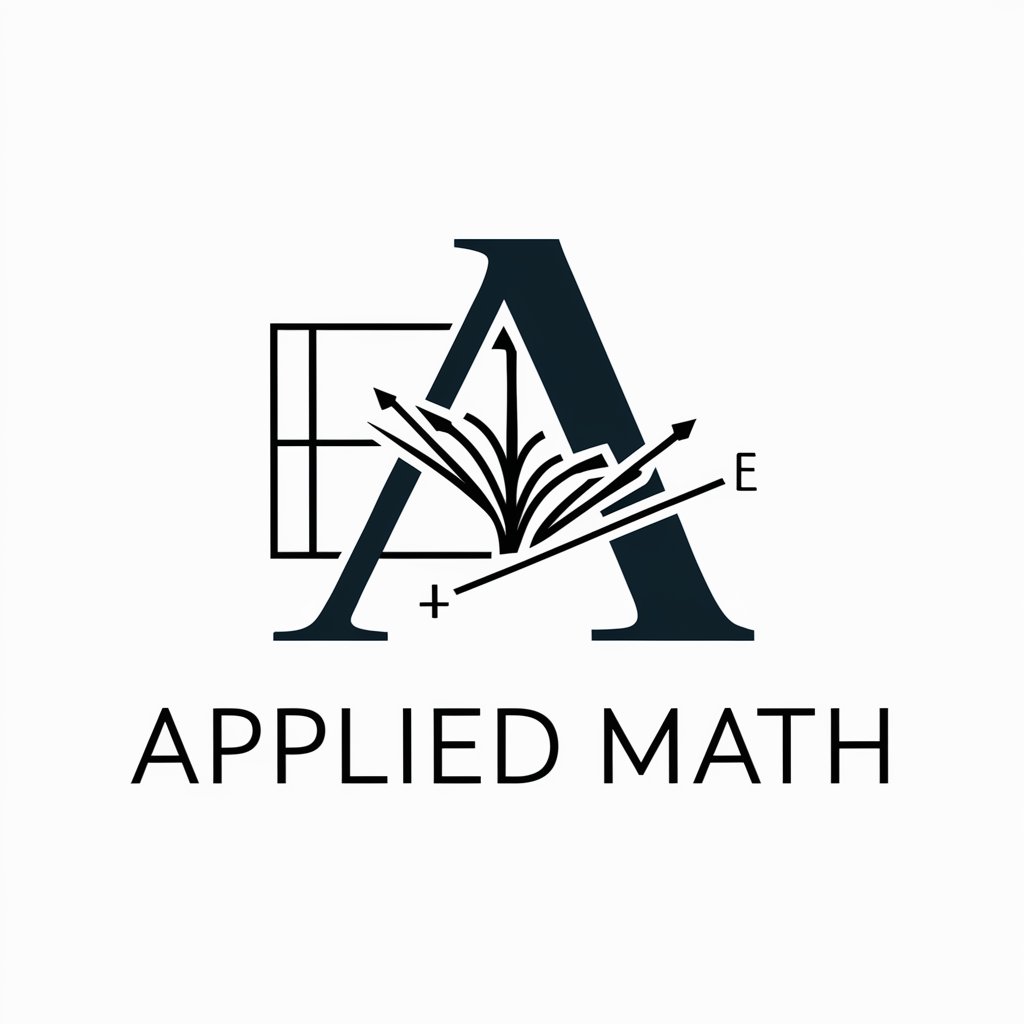
Especialista em Contabilidade, DP e RH
AI-powered Brazilian Business Advisor

ShadSherpa
Empower your workflow with AI
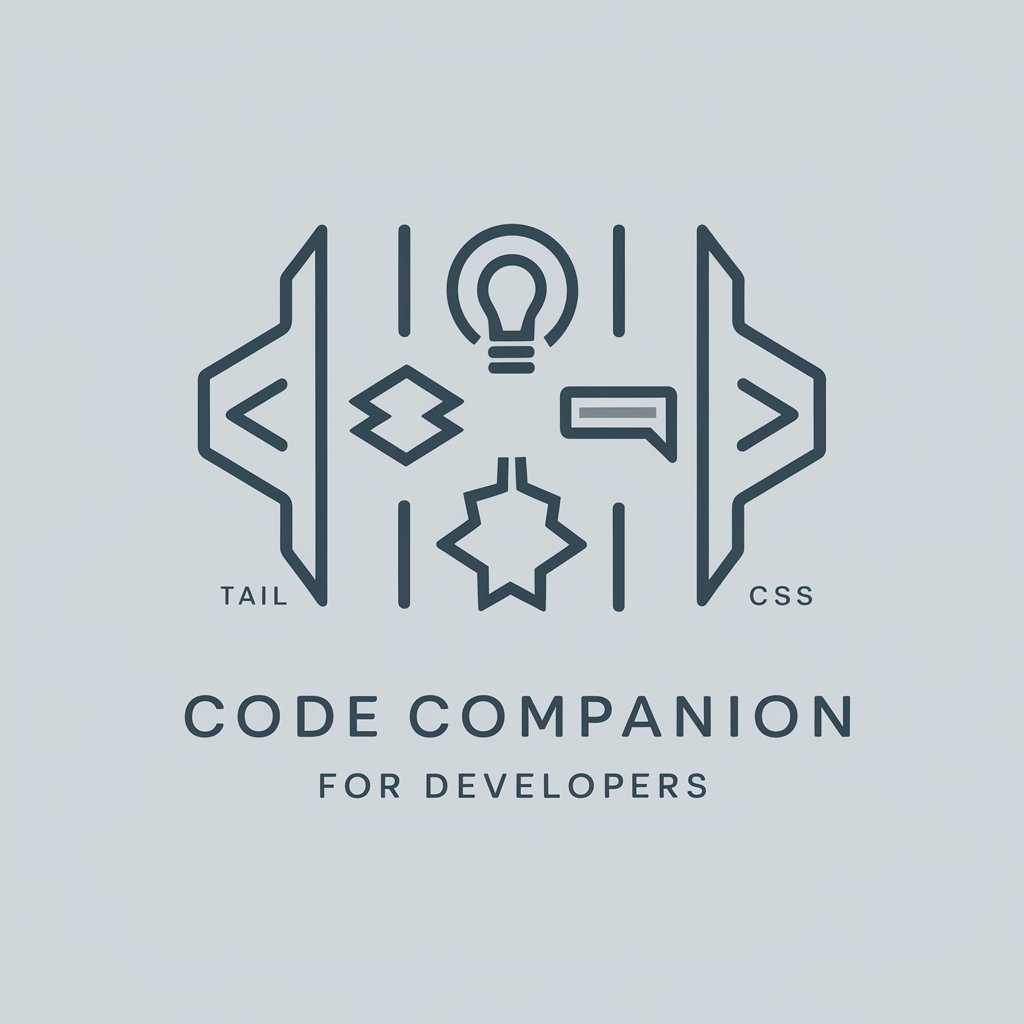
Arabic Text Auditor
Empowering Arabic with AI

English to Arabic Translator Pro
Authentic Arabic Translations, AI-Powered

SEO Arabic Writer
AI-powered tool for SEO-optimized Arabic content

Medicine Doctor
AI-Powered Medical Knowledge Assistant

Profesor de Medicina Humana
AI-Powered Medical Insight at Your Fingertips

LGPD
Empower your data privacy with AI
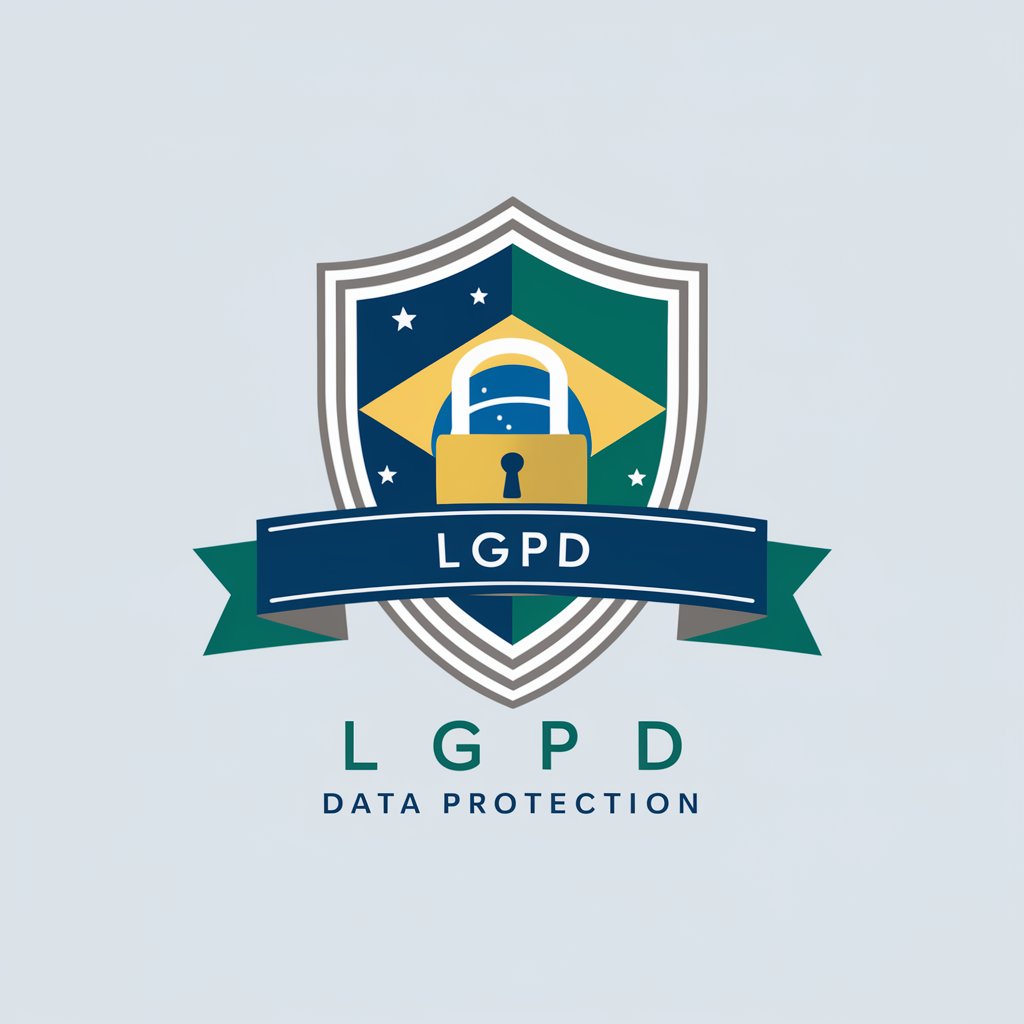
AI BPM
Empowering Process Excellence with AI

Business Process Management
Enhancing Efficiency with AI-Powered BPM
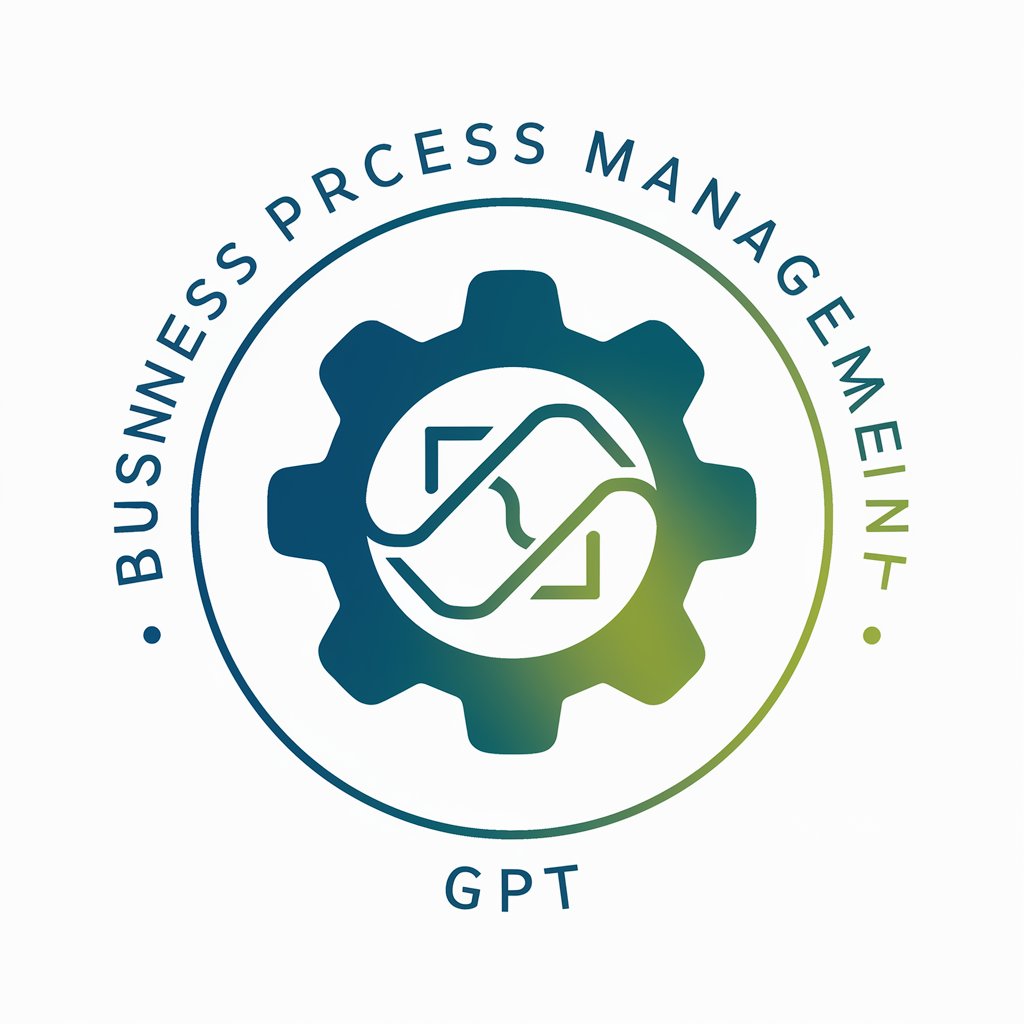
金句文案
AI-powered creative copy for niche brands

Detailed Q&A on C#(Rising)
How does C#(Rising) handle the integration of DOTS/ECS with traditional GameObjects?
C#(Rising) facilitates the hybrid integration by allowing developers to leverage the strengths of both ECS for high-performance operations on large data sets and GameObjects for more complex individual entity manipulations. It provides tools and examples to blend these systems efficiently.
Can C#(Rising) be used to optimize game performance for large-scale projects?
Yes, C#(Rising) emphasizes performance optimization strategies particularly suited for large-scale and resource-intensive projects like V Rising. It helps manage a large number of interactable objects through efficient coding practices and advanced Unity features.
What are the common pitfalls when using C#(Rising) in game development?
Common pitfalls include overlooking the need for comprehensive testing when combining ECS and traditional GameObject paradigms, underestimating the learning curve associated with advanced optimization techniques, and not fully utilizing the tool's capabilities to monitor and adjust entity interactions dynamically.
How can I leverage C#(Rising) for debugging and testing in game development?
C#(Rising) provides detailed logging and debugging tools that can be integrated into your development environment to track performance metrics and entity behaviors. It supports iterative testing processes with quick feedback on changes to code or game mechanics.
What are the best practices for using namespaces and entity queries in C#(Rising)?
Best practices include using clear and consistent naming conventions for namespaces to ensure they align with game architecture. For entity queries, it is recommended to precisely define query components to optimize performance and maintain clarity in the codebase.
